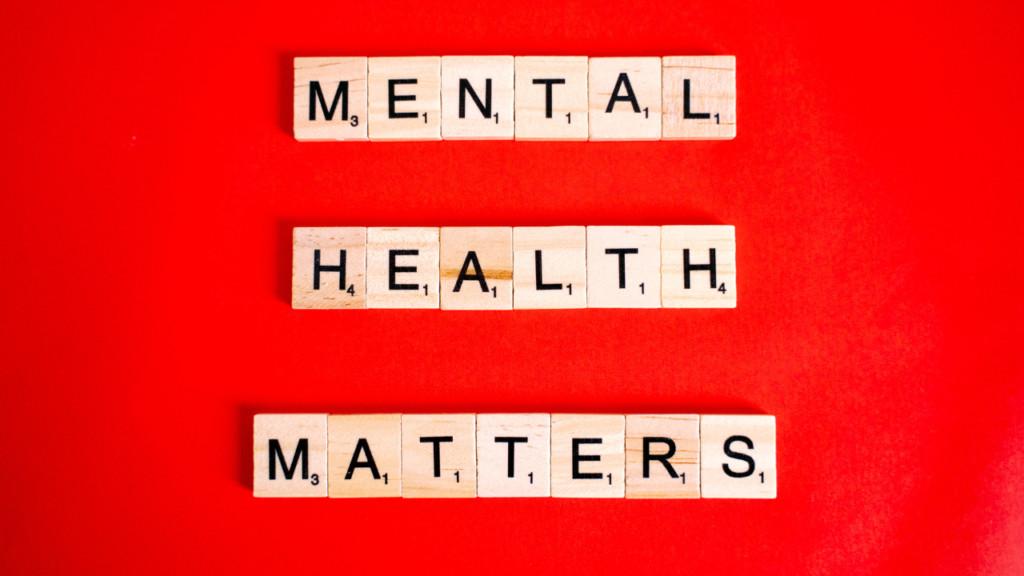
In recent years, the rise of social media has transformed how young people connect, communicate, and perceive themselves. While these platforms offer unparalleled opportunities for social interaction and self-expression, they also contribute significantly to a growing mental health crisis among youth. The pervasive influence of social media is increasingly linked to rising rates of anxiety and depression among adolescents and young adults.
The Allure and Impact of Social Media
Social media platforms like Instagram, TikTok, and Snapchat provide a virtual stage where users can showcase curated versions of their lives. The allure of instant feedback, likes, and validation can be intoxicating, particularly for adolescents who are navigating their identities and self-worth. However, this constant exposure to idealized images and lifestyles can lead to unrealistic comparisons and feelings of inadequacy. Studies show that the more time young people spend on social media, the more likely they are to experience symptoms of anxiety and depression.
Unrealistic Comparisons and Self-Esteem
One of the most profound impacts of social media on mental health is the phenomenon of unrealistic comparisons. Adolescents frequently encounter images of perfection—whether it’s a flawless body, an enviable lifestyle, or seemingly perfect relationships. These curated portrayals can distort young people’s perceptions of reality, leading them to feel inadequate and dissatisfied with their own lives. Research highlights that the constant comparison to these idealized images can erode self-esteem and exacerbate feelings of depression and anxiety.
Cyberbullying and Social Pressure
Social media also serves as a platform for cyberbullying, which has become a significant concern in recent years. Unlike traditional bullying, cyberbullying can occur at any time and in any place, often exacerbating the feelings of isolation and helplessness that victims experience. The anonymity and reach of social media can amplify the severity of bullying, making it a more pervasive and damaging issue. Victims of cyberbullying are at a higher risk for developing anxiety, depression, and other mental health challenges.
The Perpetuation of Fear of Missing Out (FOMO)
The phenomenon known as “Fear of Missing Out” (FOMO) is another byproduct of social media’s pervasive reach. When young people see friends and acquaintances participating in social events or experiences they are not a part of, it can foster a sense of exclusion and loneliness. This constant exposure to others’ activities can deepen feelings of inadequacy and exacerbate symptoms of depression, as individuals may perceive themselves as being left out or less valued.
The Role of Social Media in Seeking Validation
Social media’s emphasis on external validation—through likes, comments, and shares—can be particularly detrimental to mental health. For many young users, the pursuit of validation becomes a central focus, leading them to place their self-worth in the hands of others’ opinions. This reliance on external feedback can create a cycle of validation-seeking behavior, where self-esteem becomes increasingly dependent on social media interactions.
Mitigating the Impact: What Can Be Done?
Addressing the mental health crisis linked to social media requires a multifaceted approach. Education on healthy social media use, promoting digital literacy, and fostering open conversations about mental health are critical steps. Encouraging young people to engage in offline activities and develop real-world social connections can also help counterbalance the negative impacts of social media.
Moreover, parents and educators should be proactive in monitoring and guiding social media use, while mental health professionals and policymakers need to work together to create supportive environments that address these issues comprehensively. By understanding and addressing the complex interplay between social media and mental health, society can better support youth in navigating this digital age while safeguarding their well-being.


Recent Comments